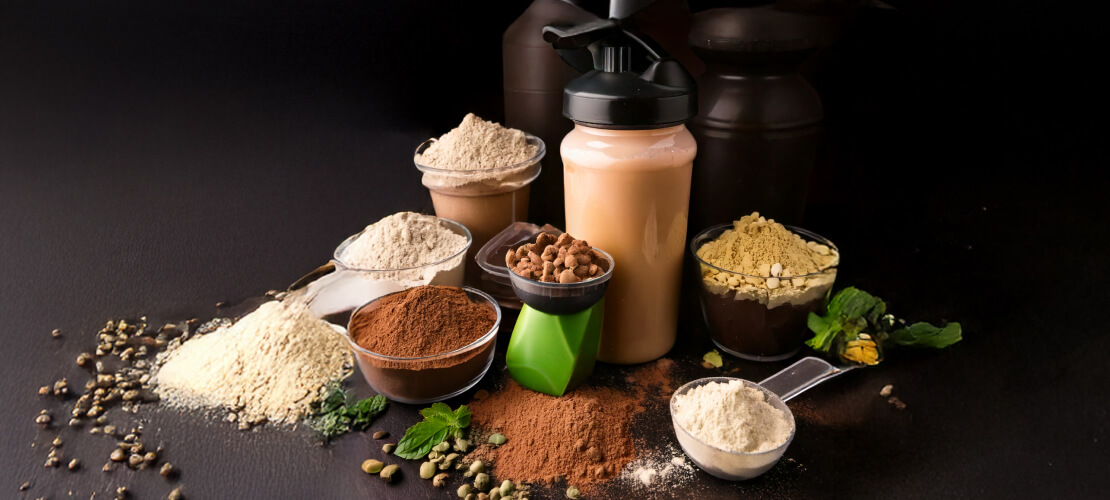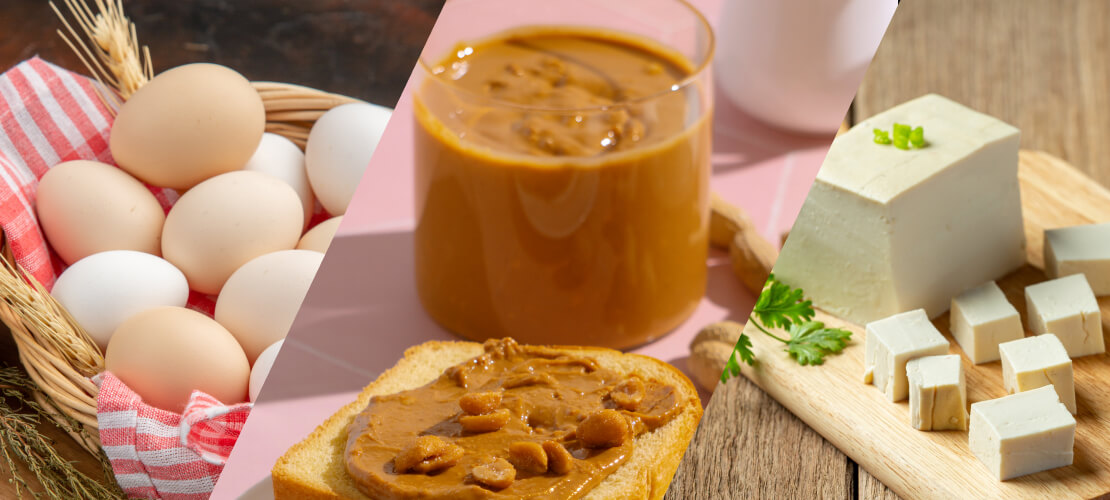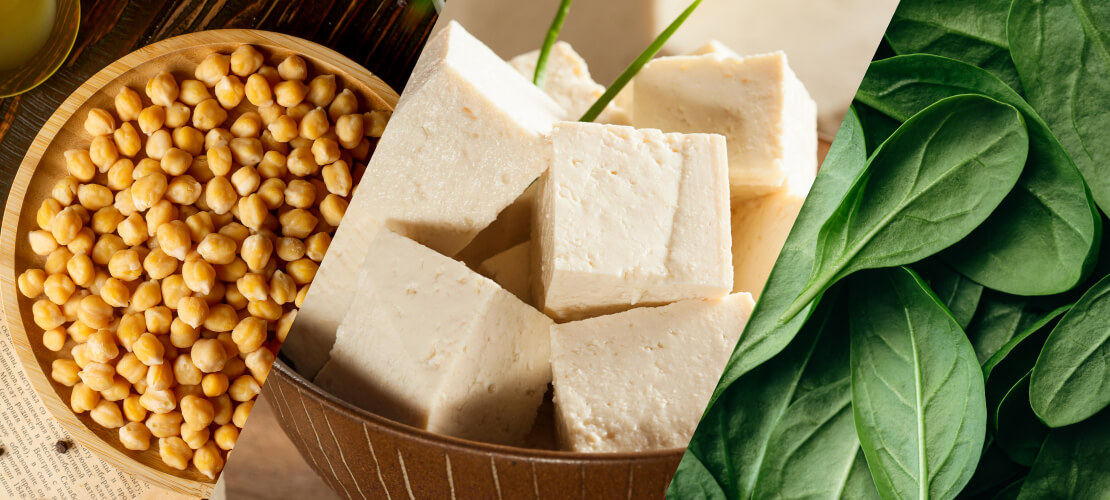Table of Contents
- What Are Fermented Foods?
- Famous Indian Fermented Foods
- Why Are Fermented Foods Considered Good?
- The Good and the Bad: Are Fermented Foods All They're Cracked Up to Be?
- How They Can Benefit You
- Potential Harms of Fermented Foods
- Signs Fermented Foods Are Harming Your Body
- Conclusion: The Final Verdict on Fermented Foods
- FAQs
SHARE IT ON
What Are Fermented Foods?
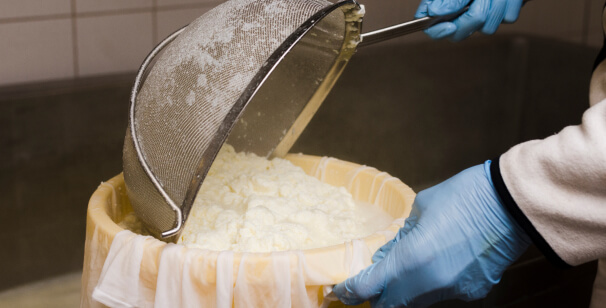
- Step 1: Start with raw food (like milk, veggies, or grains).
- Step 2: Add salt, water, or a culture (like bacteria or yeast).
- Step 3: Let nature do its thing! The microbes feast on the sugars, creating those gut-friendly acids and gases.
Famous Indian Fermented Foods
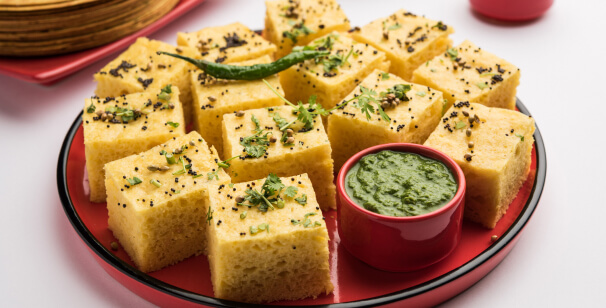
- Idli and Dosa: Made from fermented rice and lentil batter, this South Indian breakfast staple is light, airy, and packed with probiotics.
- Curd (Dahi): One of the most widely consumed fermented foods in India, curd is packed with probiotics. Fermented foods like curd can help promote a healthy gut. Whether eaten plain, in raitas, or lassi, curd is a versatile staple.
- Gundruk: A fermented leafy green dish popular in Northeast India, particularly in Sikkim. It’s made by fermenting mustard or radish leaves and is rich in gut-friendly microbes.
- Handvo: Another Gujarati delight, this savoury cake is made from fermented rice and lentil batter, sometimes with mixed vegetables.
- Jalebi: Surprised? Jalebi’s dough is fermented before being fried into spirals and soaked in syrup. While it’s a sugary treat, the fermentation process adds to the flavor and texture.
- Dhokla: A spongy, steamed snack made from fermented chickpea flour.
- Kanji: A traditional North Indian fermented drink made from black carrots and mustard seeds.
- Achar (Pickles): Fermented pickles, especially those made with mustard and oil, are a tangy addition to any meal.
Why Are Fermented Foods Considered Good?

Here’s where things get scientific, but stick with me—it’s worth it! The key players in fermented foods are probiotics, beneficial bacteria that thrive during fermentation. Probiotic rich foods with good bacteria help balance your gut microbiome, a bustling metropolis of bacteria in your digestive system. A healthy gut microbiome is crucial for everything from digestion to immunity.
- Lactobacillus: One of the most common probiotic strains, known for improving digestion and helping with conditions like IBS.
- Bifidobacterium: Another gut-friendly microbe, often found in dairy products like yogurt.
- Saccharomyces: A type of yeast often found in kombucha and kefir, it helps fight off harmful bacteria and fungi in the gut.
The Good and the Bad: Are Fermented Foods All They're Cracked Up to Be?
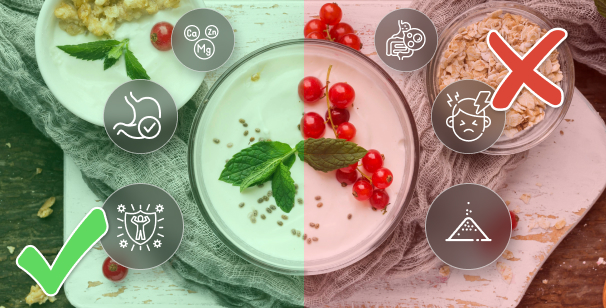
- Boosted Immunity: Fermented foods can enhance your body’s immune response by supporting a healthy gut.
- Improved Digestion: The probiotics found in fermented foods help break down food more efficiently, easing issues like bloating and constipation.
- Better Nutrient Absorption: Fermentation pre-digests certain nutrients, making it easier for your body to absorb vitamins and minerals.
- Excess Gas and Bloating: Too much of these gut-friendly foods can cause discomfort, especially if you’re new to them.
- Histamine Intolerance: Some people react negatively to the histamines in fermented foods, leading to headaches or digestive distress.
- Sodium Overload: Many fermented foods, like pickles and kimchi, can be high in salt, which could be an issue if you’re watching your sodium intake.
How They Can Benefit You

- Balancing Gut Bacteria: Probiotics in fermented foods help maintain a balanced gut microbiome, which can reduce digestive issues like IBS and diarrhea.
- Boosting Immunity: Fermented foods help strengthen the immune system, as much of it is linked to the gut.
- Enhancing Nutrient Absorption: Fermentation unlocks nutrients, making vitamins and minerals more bioavailable.
- Supporting Mental Health: The gut-brain connection means that a healthy gut can improve mood and reduce anxiety.
Potential Harms of Fermented Foods

- Digestive Upset: Eating too many probiotics and fermented foods can lead to gas, bloating, and diarrhea.
- Histamine Issues: Some people are sensitive to histamines produced during fermentation, leading to allergy-like symptoms.
- Sodium Concerns: Overdoing it on high-sodium ferments like kimchi or pickles can spike blood pressure.
Signs Fermented Foods Are Harming Your Body

- Excessive Bloating and Gas Persistent bloating and gas that doesn’t go away.
- Headaches or Migraines Experiencing headaches or migraines after consuming fermented products.
- Skin Reactions Reactions like itching or hives.
- Feeling nauseous or experiencing indigestion
Conclusion: The Final Verdict on Fermented Foods
So, are fermented foods really that good for your gut? In moderation, yes! They can be a fantastic addition to your diet, offering many benefits, from improved digestion to boosted immunity. However, they’re not a one-size-fits-all solution. If you’re sensitive to probiotics, histamines, or sodium, they may cause more harm than good. So, enjoy your best fermented foods for gut health in reasonable portions and listen to your body.

